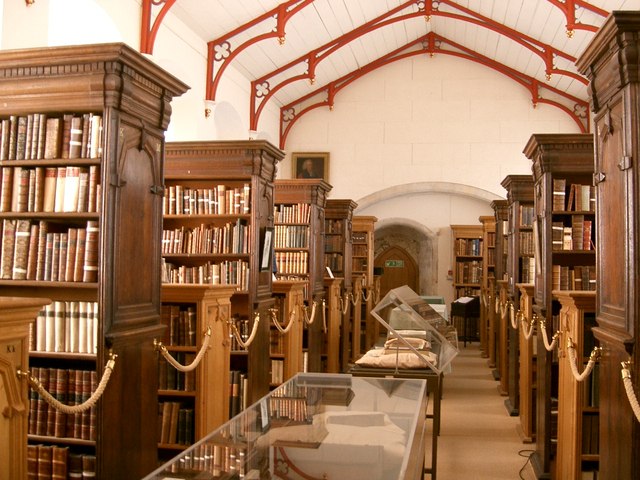
What is it?
Archives and Libraries are generally physical locations in which there are expansive collections of certain objects, most commonly books and historical records. There can be more specific types of archives and libraries with more specialist content, but the most largest and most popular types encompass a wide selection of topics.
What does it involve?
Visiting an archive or a library generally comes from a desire to further research a specific subject, but it can also be to use the resources available, such as computers, scanners or a newspaper microfiche machine.
Why do it and what are the benefits?
Libraries are incredibly important places for learning, as they can provide a safe space for studying and the freedom for the students to educate themselves in pretty much whatever topic they have interest in. A lot of libraries and archives also put on activities and groups to encourage independent reading and learning.
What equipment do we need?
You shouldn’t need to provide any equipment for a visit to a library or an archive! The venue should have everything you need, but if you have a specific study activity in mind you should always check beforehand to see what they are set up for.
Who is it suitable for?
Archives and libraries are generally reasonably quiet places, so noisier groups of young children may not be as welcome – however, it will depend on the venue, as some will have dedicated children’s corners!
Costs?
Libraries are generally free to access! Some more specialist archives may have an entry fee, but if you research beforehand you shouldn’t come across any surprise costs.
Issues/Things to think about? (unsuitable for age groups, medical conditions etc)
Make sure to tailor any trips to an archive or a library to the needs and interests of the group of students!
How do we include?
Most venues will have great disabled access! Everybody should be able to join in with a visit, but always check beforehand if you have concerns about your group of students.
Doing it abroad?
There are libraries and archives all around the world, and visiting one whilst abroad can be fantastic for getting some more detailed information on local history and culture!
Main website:
Consult individual venue websites to see their specifics.




